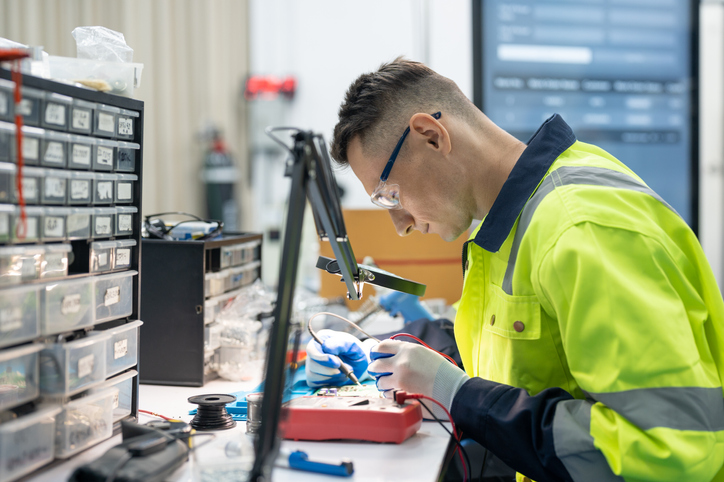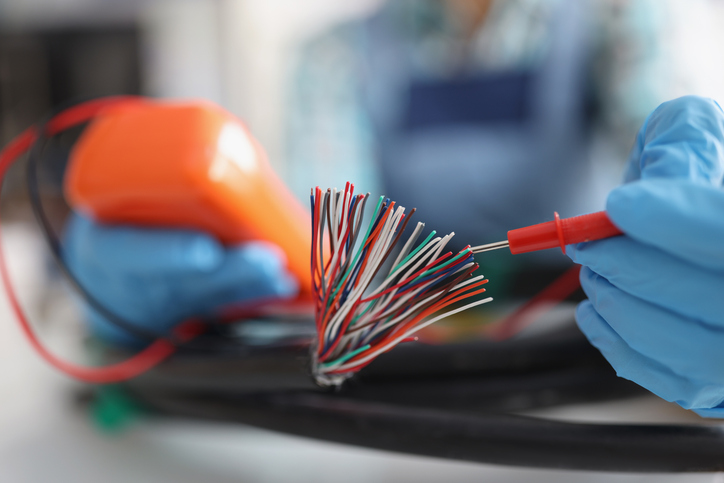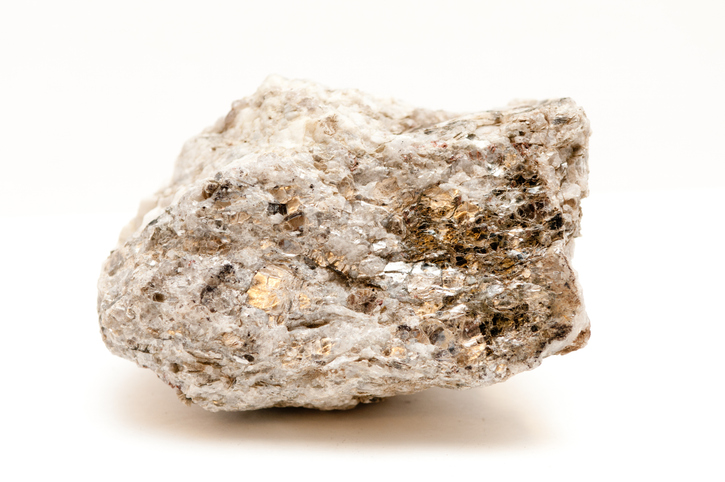High voltage testing is crucial to the success of your electrical application. These tests can ensure your insulation selection is as efficient and effective as possible before implementing them, or find answers for substandard performance or failure in a current insulation system.
Experienced manufacturers will have the skilled staff and the technical equipment needed to complete these tests. Gaining these answers can help you make sure you are making the right choice for your project.
What is High Voltage Testing?
High voltage testing assesses various properties of electrical insulation materials when an electric field is present, including conductivity, polarization, and dielectric losses. These tests can help identify, examine, evaluate, and compare insulation materials for various applications, helping engineers find the perfect solutions for each project.
Electrolock has various high voltage testing capabilities:
Dissipation Factor
This test measures the loss rate of energy, indicating the inefficiency of the material to contain energy as an insulation material should. The lower the dissipation factor, the more efficient the insulator.
Voltage Endurance
The Voltage Endurance test puts high electrical stress on insulation materials and measures the time-to-failure. The stress put on the insulation material is 3.76 times higher than the operative voltage, so it assesses the material’s ability to withstand high voltage.
Voltage Breakdown
This test applies voltage to an insulation material until the threshold voltage is reached and breakdown starts to occur.
Partial Discharge
Partial discharge is an electrical discharge that does not entirely bridge the gap between electrodes. This can occur in many applications when a small bit of insulation material cannot cope with the electrical stress of a high-voltage environment.
What are the Benefits of High Voltage Testing on Insulation Materials?
There are various benefits of testing voltage on insulation materials. From product design to safety, these tests are important for many electrical applications. These benefits include:
- After seeing the results of the test, engineers can design and develop more efficient products for your insulation systems
- Increases the quality of the insulation product and decreases the likelihood of electrical shocks or other accidents after implementation
- Avoid loss of production by preventing equipment and machine breakdowns
What Types of Tests are Run?
Various tests are run during high voltage testing, each assessing a critical function of the insulation material. At Electrolock, we use the following tests to determine the properties of insulation materials and find the best solution for our clients:
Hipotronics Hipot Tester
This tester determines the insulation material’s ability to withstand voltage by applying an electrical current. The hipotronics hipot tester helps to ensure the insulation is effective at withstanding high voltage.
Megohm Bridge
The megohm bridge measures the opposition to the flow of an electric current—or high resistance. The higher this resistance is, the better and more effective the insulator.
Capacitance Bridge
This test is used to measure a capacitor’s unknown capacitance, or ability to store an electric charge. The higher this value is, the better the insulator, as they produce a layer of opposite charge, increasing capacitance.
Dissipation Factor Testing
This test uses electricity to define and determine the overall condition of the insulation material. Many times, the dissipation factor is used to determine the quality of insulation.
Electrolock Has Everything Needed to Test Your Insulation Material
At Electrolock, we want to supply our clients with the highest quality insulation materials for their applications. Whether that is spiral wound tubing or battery insulation, we have solutions for all of your electrical insulation needs.
And, if you can’t find what you need out of our inventory, or you are unsure of which products will work for you, our team of engineers can give you a hand. We offer testing and solution design services, so we can help you determine what is right for you. From comparing insulation materials to testing their properties to developing new products, our experienced team is here to help.
Contact our team today to see what we can do for you.




